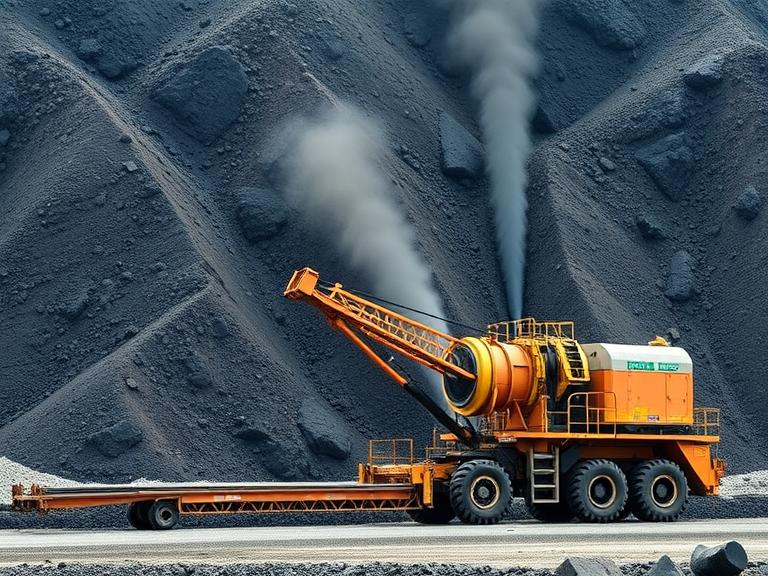
India’s Mega Road Project and the Strategic Role of Iranian Bitumen
Article Title: Iran’s Black Gold on India’s Lifeline: A Case Study in National Highway Expansion
Introduction: India, the Global Infrastructure Growth Engine
As one of the world’s largest developing economies, India is executing the most extensive infrastructure development program in its history. These colossal projects demand vast quantities of high-quality, cost-effective raw materials. Bitumen, as the core component of asphalt, plays a crucial role. This case study focuses on one such successful road project where high-quality Iranian bitumen was strategically chosen as a key component due to its superior technical specifications and competitive edge.
Section 1: Project Specifications: A Major Challenge for Durability
This specific project (Hypothetical: The expansion of key stretches of the “Delhi-Mumbai Industrial Corridor”) involved constructing and rehabilitating hundreds of kilometers of six-lane highways. These roads needed to withstand India’s harsh climatic conditions—from intense summer heat to monsoon rains—and heavy commercial traffic loads.
Technical Challenge: The requirement for a high-performance-grade (PG Grade) bitumen to resist rutting caused by high temperatures and heavy axle loads.
Logistical Challenge: Ensuring the continuous and timely supply of tens of thousands of tonnes of bitumen without disrupting the tight construction schedule.
Section 2: The Strategic Choice: Why Iranian Bitumen?
In competition with international suppliers, Iranian bitumen was selected for the following compelling reasons:
Technical Superiority (High Quality): Iranian-produced bitumen, particularly its penetration grade and softening point, fully complied with the stringent IRC (Indian Road Congress) standards. Its high purity and low paraffin content significantly increased the stability and longevity of the final asphalt mix.
Economic and Pricing Advantage: Due to Iran’s geopolitical position, massive production capacity, and access to heavy crude oil resources, the offered price was highly competitive. This decision helped the project optimize its substantial construction budget.
Proven Logistics: Effective coordination with Bandar Abbas terminals and the utilization of direct sea routes to major Indian ports (such as Mundra and Nhava Sheva) ensured that the bitumen—supplied in standard drums or in bulk—arrived continuously and without unnecessary customs delays. (Referencing the previous transportation guide).
Section 3: Tangible Results and Key Achievements
The execution of this project using Iranian bitumen led to significant positive outcomes:
Enhanced Pavement Durability: Initial test results confirmed that the asphalt mixtures exhibited superior resistance to environmental conditions, which translates to reduced maintenance costs over the first decade of operation.
Accelerated Project Timeline: Stable, high-volume supply enabled contractors to pave large sections of the road much faster than scheduled during the dry seasons.
Client Satisfaction: Indian government regulatory bodies rated the quality of the final asphalt as meeting or exceeding standard expectations.


















